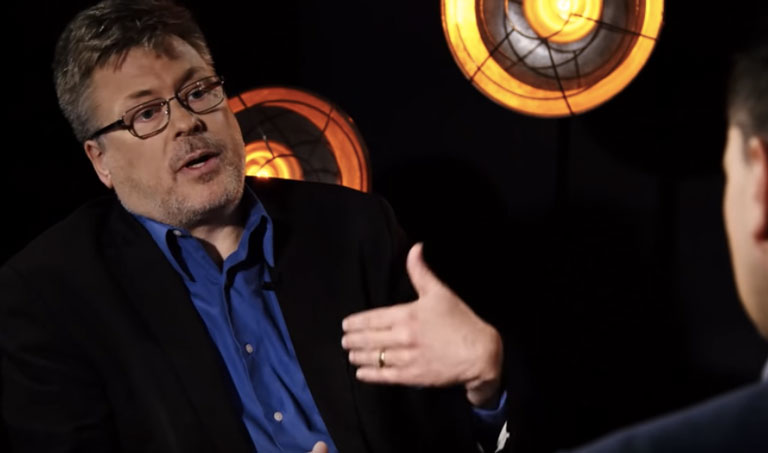By James Bishop
Philosopher Edward Feser perhaps has one of the most well articulated and detailed testimonies I recall having read (which at this point is quite a few). Feser is a professional philosopher after all, so it shouldn’t be too much of a surprise. Nonetheless, in this short post I have attempted to summarize Feser’s journey while also attempting to outline some of the key moments that had taken place within it. I am confident that this summarized testimony will be helpful to those who don’t necessarily have the time to read through the 7000 word testimony on Feser’s own website. However, I do encourage reading the full testimony for there is much in the details not included here.
As a way of biography, Feser is a well-known philosopher in the profession having penned numerous academic articles on several subjects ranging from the philosophy of mind to metaphysics. He is the Associate Professor of Philosophy at Pasadena City College, previously a Visiting Assistant Professor at Loyola Marymount University, and a Visiting Scholar at the Social Philosophy and Policy Center. He has authored numerous books including Aquinas, Five Proofs of the Existence of God, Scholastic Metaphysics: A Contemporary Introduction, and The Last Superstition: A Refutation of the New Atheism. Feser was also once an atheist naturalist until he converted to Christianity.
Feser explains that he was a convinced atheist naturalist for a period of 10 years in the 1990s and that his transition away from it “was no single event, but a gradual transformation.” He was brought up Catholic but ultimately lost his faith while a teenager around the age of 13 or 14. His atheism stayed with him well into his university years as a passionate philosophy student. While at university he discovered a new interest in existentialism and existentialist philosophers, particularly Soren Kierkegaard. This interest led him to discover other existentialists such as Friedrich Nietzsche and Walter Kaufmann of whom he both appreciated but especially Kaufmann in particular. In the more modern philosophical climate, the atheist analytic philosopher J. L. Mackie proved appealing to Feser, and he considered Mackie’s book The Miracle of Theism to be a solid piece of philosophical work. Feser remarks that Mackie’s book was “intellectually serious, which is more than can be said for anything written by a “New Atheist.”” Philosopher Kai Nielsen would also appeal on issues of morality and religion. According to Feser,
What really impressed me was the evidentialist challenge to religious belief. If God really exists there should be solid arguments to that effect, and there just aren’t, or so I then supposed… Atheism was like belief in a spherical earth — something everyone in possession of the relevant facts knows to be true, and therefore not worth getting too worked up over or devoting too much philosophical attention to.
However, when he examined analytic philosophy in some more detail during the course of his studies it would, before long, bring his “youthful atheism down to earth.” The genesis of Feser’s transition away from atheism came about when he first began to look into the philosophy of language and logic. Over the several following years, during which he weighed information and arguments presented in his course materials, he reasoned that the existing naturalistic accounts of language and meaning failed to satisfy,
I already knew from the lay of the land in the philosophy of language and philosophy of mind that the standard naturalist approaches had no solid intellectual foundation, and themselves rested as much on fashion as on anything else.
Do you find these posts helpful and informative? Please CLICK HERE to help keep us going!


